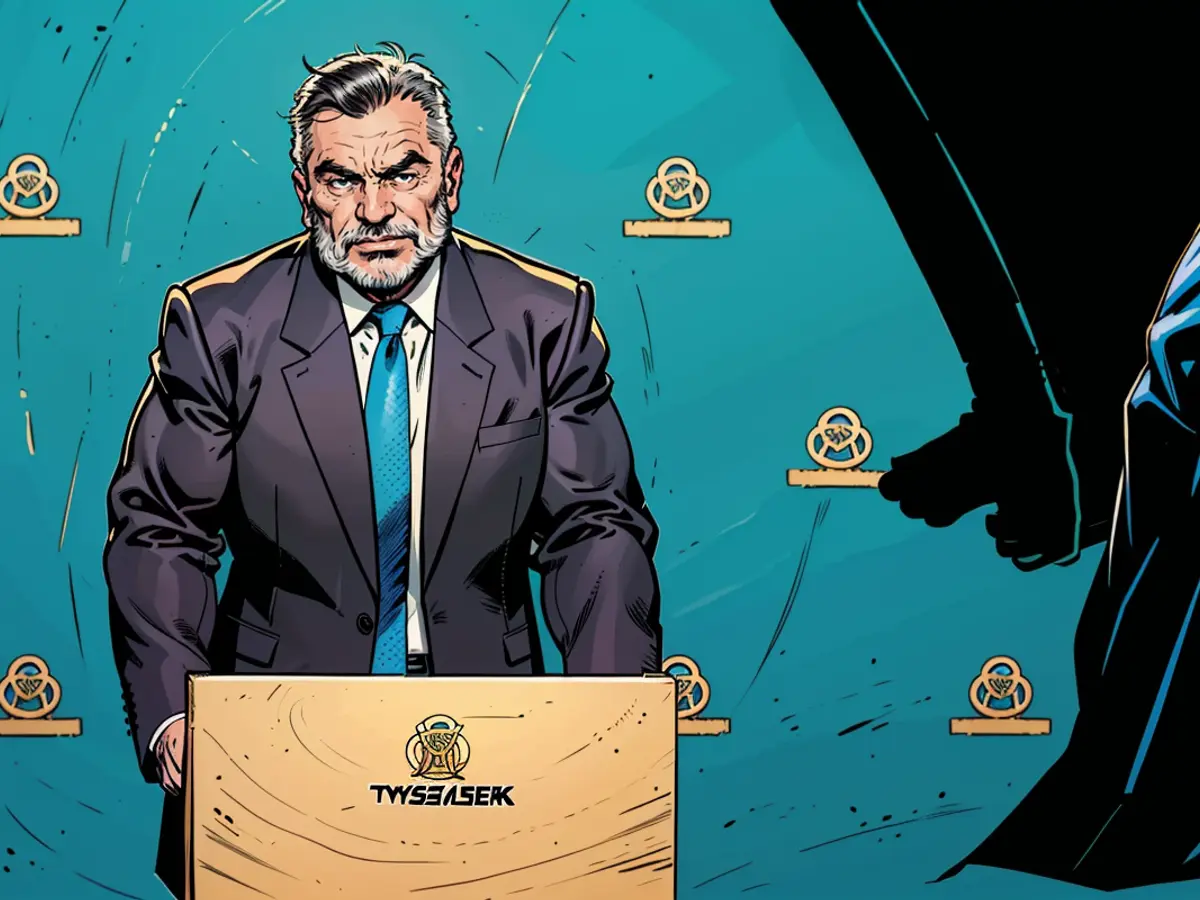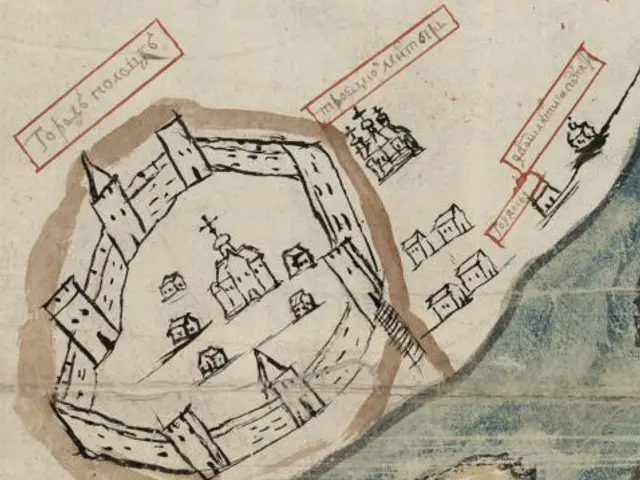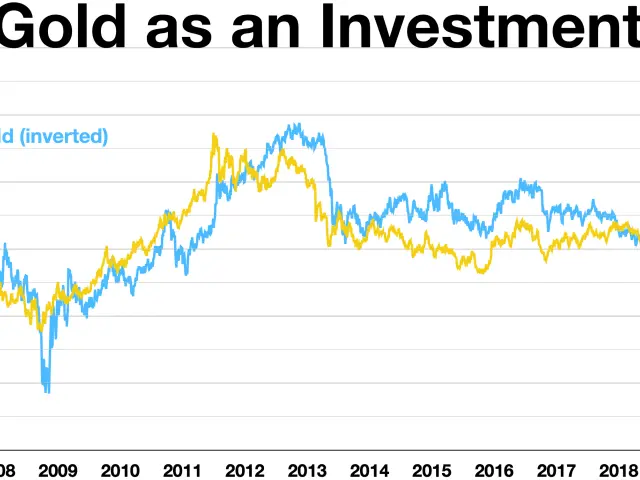Steel Shakeup at Thyssenkrupp: A Turbulent Leadership Change
Thyssenkrupp's leadership in the steel sector has undergone a major shakeup, following the abrupt departure of several key figures. This turn of events has sparked a heated debate, with the parent company's supervisory board chairman, Oliver Blank, criticizing the departing managers for their inability to tackle the chronic structural challenges and economic struggles of the steel business.
In a scathing rebuke, Blank accused the former managers of neglecting the steel division's troubles, which he claimed had been plaguing the sector for years, not just recently. Blank, who is also the president of the Federation of German Industries, advocates for the division's restructuring and independence. A contentious dispute over the financial resources necessary for this transformation has been a focal point of debate between corporate management and the steel management for weeks.
On Thursday, it was revealed that the steel CEO, Bernhard Osburg, along with the production manager and personnel manager, had left the company without delay. The ensuing chaos saw four members of the steel supervisory board also announce their resignations. Among the departing board members was former chairman Sigmar Gabriel, who accused Thyssenkrupp's CEO, Miguel López, of engaging in a smear campaign against the steel board. Gabriel also insinuated that Blank had been inactive.
Blank's statement emphasized that the steel management had consistently failed to meet its own targets, including this financial year. Agreed restructuring programs have fallen short of the effects promised by the steel management. "Thyssenkrupp Steel continues to consume liquidity at a rate harmful to its future, other businesses, and the company's owners, and has not regained control of the situation under its current leadership," Blank said.
In the aftermath of these resignations, the remaining board members, Dennis Grimm (Technology) and Philipp Conze (Finance), will oversee the steel segment's operations. The company promises to expedite the process of filling vacant positions.
Thyssenkrupp's steel division has been grappling with the economy's weakness and cheap imports for quite some time. The challenge has necessitated reductions in capacity and, consequently, the workforce. The long-term implications of these management changes for the workforce remain uncertain. The supervisory board had planned to draft a financing plan for the next two years; however, this proposal has yet to materialize. Thyssenkrupp's steel division, with its 27,000 employees, is Germany's largest steel producer, with 13,000 of them based in Duisburg. The works council is apprehensive that the restructuring could result in the "halving of the plant" and the loss of thousands of jobs.
Behind the Scenes
Thyssenkrupp's steel division is currently grappling with an 11% decline in sales year-on-year in the first quarter of fiscal year 2024/2025, equating to EUR 2.18 million. This downturn is primarily attributed to lower spot market prices across all customer segments, particularly in the automotive and industrial sectors, despite some compensating demand in packaging steel and grain-oriented electrical steel[1][4][5].








